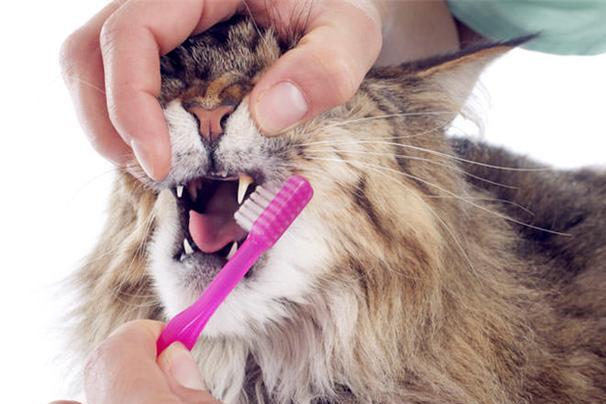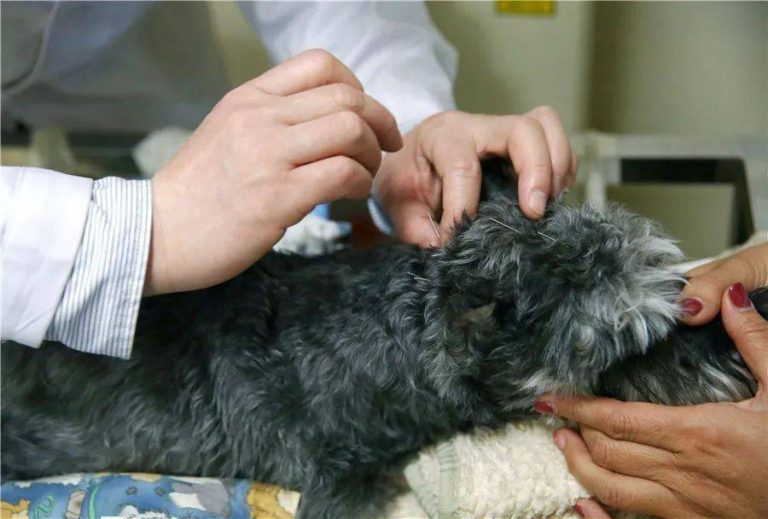The Role of Omega-3 Fatty Acids in Pet Health
Omega-3 fatty acids have gained recognition as a vital component of human nutrition for their numerous health benefits. However, these essential fatty acids are not exclusive to humans. They also play a crucial role in the health and well-being of our beloved pets. In this article, we’ll explore the significance of omega-3 fatty acids in pet health and how they can positively impact your furry companion’s life.

Understanding Omega-3 Fatty Acids
Omega-3 fatty acids are a group of polyunsaturated fats that are essential for both humans and animals. The three most important types of omega-3 fatty acids are:
- Alpha-linolenic acid (ALA): Found in plant-based sources like flaxseed and chia seeds.
- Eicosapentaenoic acid (EPA): Typically derived from marine sources like fish oil.
- Docosahexaenoic acid (DHA): Also primarily sourced from marine oils.
Health Benefits for Pets
1. Skin and Coat Health
Omega-3 fatty acids contribute to healthy skin and a shiny coat in pets. They help reduce itching, dryness, and flakiness, making your pet’s fur soft and lustrous. Additionally, omega-3s can alleviate skin conditions like allergies and hot spots.
2. Joint Health
Omega-3s have anti-inflammatory properties that can benefit pets with joint issues, such as arthritis. They help reduce joint pain and stiffness, improving mobility and overall comfort for your pet.
3. Heart Health
Just as in humans, omega-3 fatty acids promote cardiovascular health in pets. They can help reduce the risk of heart disease, lower blood pressure, and improve circulation.
4. Cognitive Function
DHA, a type of omega-3 fatty acid, is particularly important for brain development and cognitive function in puppies and kittens. It can also support mental sharpness in aging pets.
5. Immune System Support
Omega-3s can enhance the immune system’s response, helping your pet better defend against illnesses and infections.
Sources of Omega-3 Fatty Acids for Pets
- Fish Oil: High-quality fish oil supplements are a common and effective source of omega-3s for pets. They contain EPA and DHA, which are readily absorbed.
- Flaxseed: Ground flaxseed is a plant-based source of ALA. While not as potent as marine sources, it can still provide some omega-3 benefits.
- Chia Seeds: Chia seeds are another plant-based option rich in ALA. They can be added to your pet’s diet in moderation.
- Commercial Pet Foods: Many high-quality pet foods are now fortified with omega-3 fatty acids to support pet health.
Consult Your Veterinarian
Before adding any supplements or making significant dietary changes for your pet, it’s essential to consult your veterinarian. They can recommend the appropriate dosage and source of omega-3 fatty acids based on your pet’s specific needs and health conditions.
Conclusion
Omega-3 fatty acids are a valuable addition to your pet’s diet, offering a wide range of health benefits. Whether you have a young, active pet or a senior companion, omega-3s can contribute to their overall well-being by supporting skin and coat health, joint function, heart health, cognitive function, and a robust immune system. Remember that a healthy diet and regular veterinary care are essential for ensuring a long, happy, and healthy life for your furry friend.






